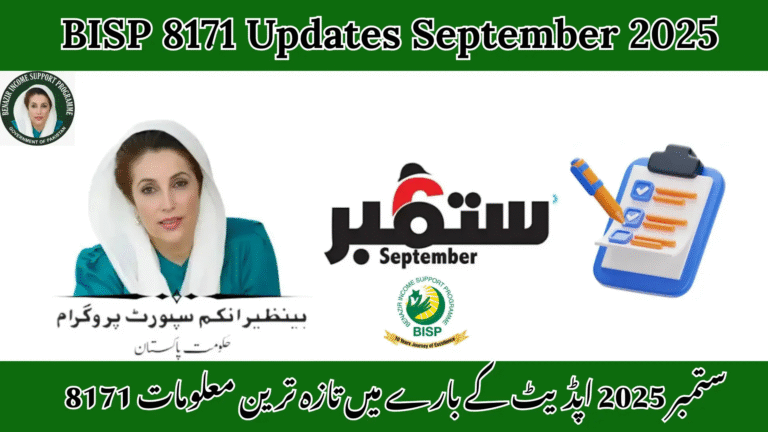The Punjab government is preparing to roll out the Electric Taxi Scheme 2025 within the next two weeks, Transport Minister Bilal Yasin announced on Sunday. Officials say the initiative, part of Punjab’s Transport Vision 2030, will introduce electric taxis and bikes on interest-free installments, alongside a province-wide charging network.
The project is being presented as both a job creation plan and a green mobility shift, aimed at easing the burden of rising fuel costs while cutting down air pollution in Punjab’s major cities.
What the Scheme Offers
According to transport officials, the scheme has five clear pillars:
-
Electric taxis and bikes provided to eligible citizens.
-
Zero-interest installment plans for ownership.
-
Employment for thousands of young drivers and technicians.
-
1,000 EV charging stations to be built across Punjab.
-
A roadmap towards 80% electric public transport by 2030.
| Feature | Detail |
|---|---|
| Launch Date | First half of January 2025 (within 15 days) |
| Vehicles | Electric taxis, electric bikes |
| Payment Plan | Interest-free installments |
| Jobs Expected | Thousands of openings for drivers and staff |
| Charging Points | 1,000 across Punjab |
| Long-Term Goal | 80% of transport network electric by 2030 |
Why It Matters
Anyone who has tried to fill a petrol tank in Lahore or Faisalabad lately knows how hard it hits family budgets. Transport officials argue that shifting to electric vehicles will:
-
Lower travel costs for drivers and passengers.
-
Cut smog and carbon emissions, especially in winter months.
-
Save foreign exchange by reducing fuel imports.
-
Give unemployed youth a chance to earn through taxi ownership.
One transport department source told this reporter: “The idea is to combine social support with modern transport. A driver who owns his car can earn daily, while the city breathes cleaner air.”
Also read
Part of a Bigger Vision
The scheme is just one piece of the government’s Transport Vision 2030. Other projects under preparation include:
-
Lahore Tram Service on Jail Road and Main Boulevard (set for February 2026).
-
Electric Buses, with over 1,000 vehicles planned by 2030.
-
Modern depots for maintenance and fleet management.
-
Pilot projects for autonomous vehicles in the coming years.
Officials say the aim is to bring Punjab closer to international transport standards within the next decade.
Parallel Moves in Sindh
It is not just Punjab moving towards electric mobility. In Karachi, Sindh Labour Minister Shahid Thaheem has confirmed a plan to provide 10,000 free electric motorcycles to women working in industrial zones. The initiative is meant to improve mobility for women while encouraging cleaner transport.
Who Can Apply?
The Punjab Transport Department is finalising application rules. Early indications suggest priority will go to:
-
Residents of Punjab with valid CNIC.
-
Unemployed youth and low-income families.
-
Holders of a driving licence (for taxi applicants).
-
People able to make regular monthly payments.
Official forms are expected to be released online once the scheme formally begins.
Public Reaction
For many families, the announcement has raised hopes. “If I can get a car on installments without interest, it will change my life,” said Asif, a 26-year-old job seeker in Lahore. Others, however, want clarity on who will actually qualify.
A transport analyst speaking to reporters warned: “Execution will be key. Past schemes failed because of poor monitoring. This time, transparent rules and proper follow-up will decide success.”
FAQs
When will the scheme start?
Within 15 days of announcement – expected early January 2025.
How to apply?
Through the official Punjab Transport Department portal (to be announced).
Are installments really interest-free?
Yes, officials confirm payments will be on 0% markup.
Also read
Conclusion
The Punjab Electric Taxi Scheme 2025 is more than a transport project. It represents a shift in how Punjab hopes to deal with unemployment, rising fuel costs, and environmental challenges.
If implemented as promised, it could help thousands of families earn a livelihood while steering Punjab towards a cleaner, smarter transport future.



